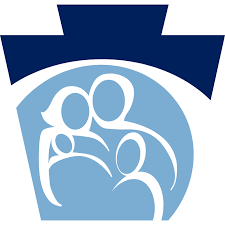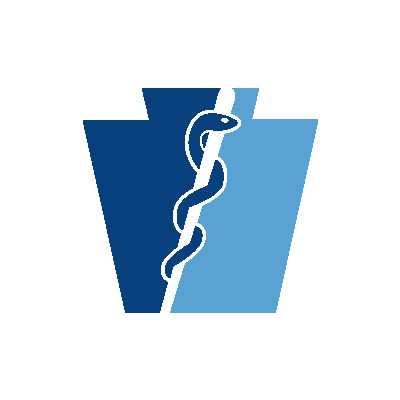Harrisburg, PA – As the holiday shopping season begins, the Pennsylvania Department of Banking and Securities (DoBS) and Pennsylvania State Police (PSP) are sharing tips to help Pennsylvanians spot scams and protect their money and personal information.
“An increasing number of consumers are expected to shop online this holiday season because of the pandemic,” said Secretary of Banking and Securities Richard Vague. “Scam artists will look to take advantage of this fact and use every tactic available to try and obtain your sensitive financial information for nefarious purposes.”
The PSP works closely with local, state, and federal law enforcement partners to investigate fraud and scams. Scam and fraud activity also tend to increase during times of tragedy or emergency, making it dually important for consumers to be vigilant this year.
“Scammers are especially active during the holidays, as spending, online shopping, and charitable giving increase,” said Colonel Robert Evanchick, commissioner of the Pennsylvania State Police. “Their tactics evolve with technology, but several of the most prevalent scams have existed for decades. These sophisticated criminals can steal thousands of dollars from hundreds of miles away, so we urge everyone to remain vigilant and to know the warning signs.”
Three common scams to look out for this year include:
- Phishing E-mail Scams. Phishing emails are a common tactic used by scammers to get sensitive information. Sophisticated techniques include replicating merchant email templates with harmful links designed to obtain usernames and passwords, and potentially sensitive financial information.
- Skimming and E-skimming Device Scams. Skimming devices capture the information from the black magnetic strip on debit or credit cards at the point of sale device or ATM machine. Last year, criminals infected a merchant’s website with a digital version of the same technology.
- Gift Card Fraud. Scammers use a computer program or “bot” to test millions of random combinations of numbers and pins at retailer websites. Once they find a combination that works, they use all the funds available to make purchases, or sell the information on the dark web. When the real owner of the card tries to use it to make the legitimate purchase, they find there are no funds available on the card.
Six strategies that can help Pennsylvanians protect themselves include:
- Monitor your accounts. Frequently check your financial accounts for any debits or withdrawals you do not recognize.
- Never follow links in unsolicited emails. Check that any emails you receive are from a correct email address.
- Type the website directly into your browser. Pay attention to your spelling and double check that it is a U.S. domain – like dot-com, rather than an international domain – before entering any sensitive information.
- Be wary of any transaction involving checks. Never send anything via Western Union or prepaid cards to someone previously unknown to you. When possible, use a credit card, single-use debit card, or prepaid reloadable card for online purchases.
- When in doubt, hang up. Never provide credit card info as part of an unsolicited phone call and think twice if you’re being pressured to donate “right now.”
- Be skeptical. If it sounds too good to be true, it likely is.
Know the “red flags” of scams and fraud and who to contact if you believe you are a victim. Stop and ask yourself a few simple questions to help detect and prevent this from happening to you:
- Has someone contacted you unexpectedly? If you weren’t expecting a phone call or didn’t initiate the contact, it should be a red flag.
- Have they promised you something? If they’re offering you something that seems too good to be true, it’s a red flag.
- Have they asked you to do something? Are they asking you for money or account information? If you didn’t initiate the conversation, do not provide it.
The PSP reminds Pennsylvanians who have fallen victim to a scam to contact their financial institution and local police department. Additionally, victims can make a complaint with the FBI Internet Crime Complaint Center (IC3).
Department of Banking and Securities staff will be presenting “Black Friday Scams: What To Be Aware Of,” informing consumers about detecting and avoiding holiday scams, from 6:00 PM to 6:30 PM on Tuesday, November 24, and 10:00 AM to 10:30 AM on Wednesday November 25.
Anyone can contact the DoBS at 1-800-PA-BANKS or 1-800-722-2657 to ask questions or file complaints about financial transactions, companies, or products.
Check out the publication: “Scams: Protect Yourself. Protect Your Money”









